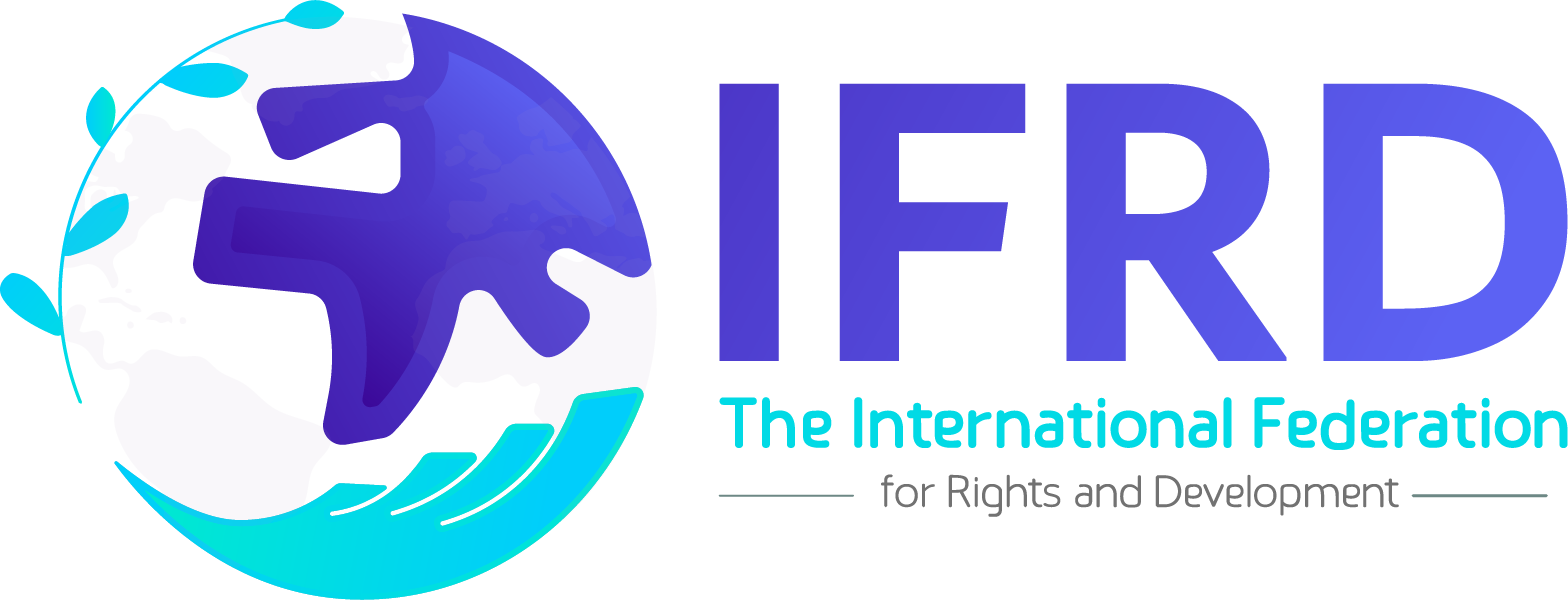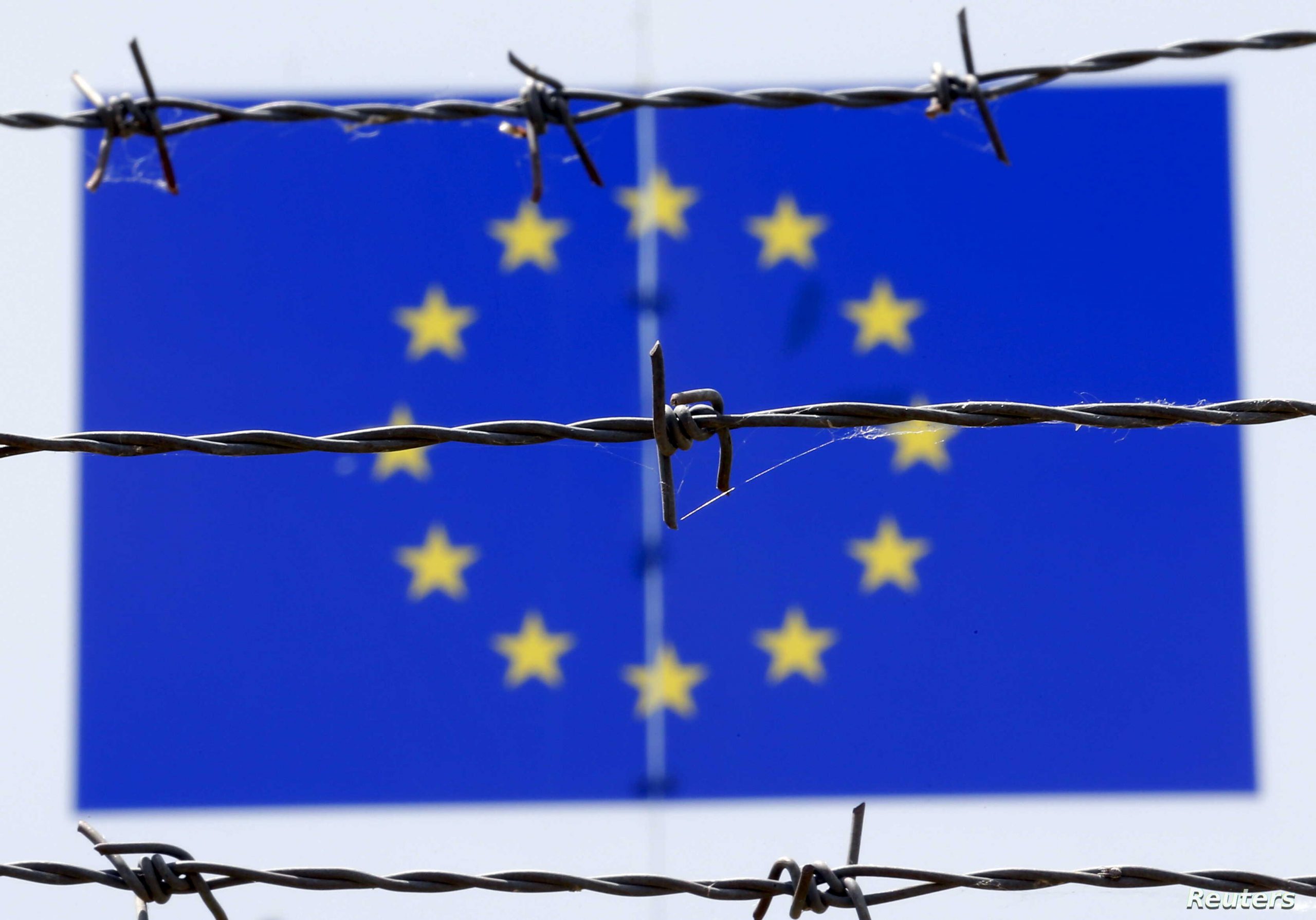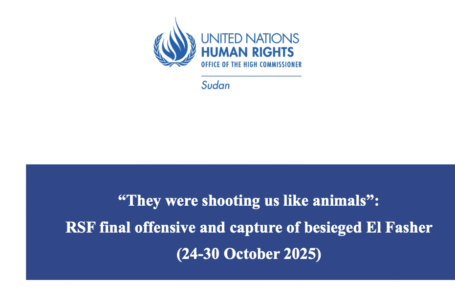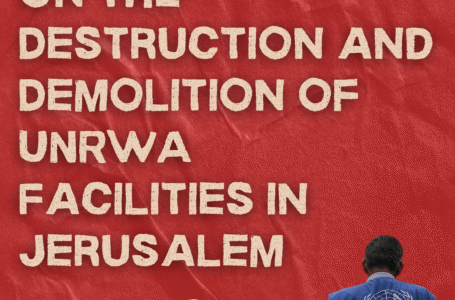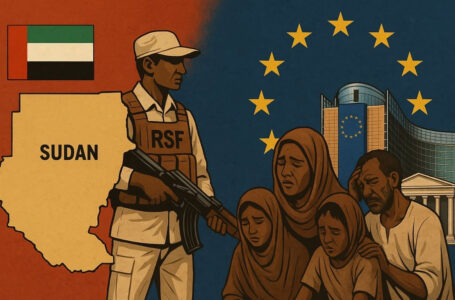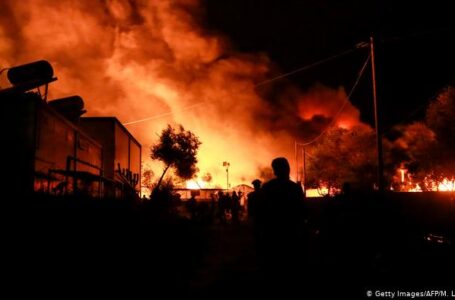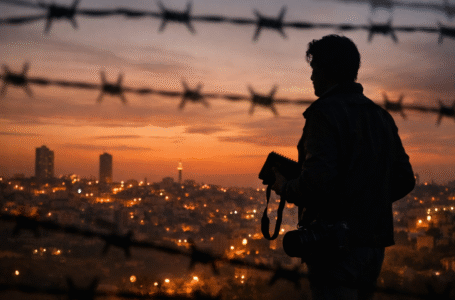The International Federation for Rights and Development (IFRD) holds the European Union responsible for the death and drowning of more than 30,000 migrants across the Mediterranean because of its arbitrary policies based on repelling migrants in violation of international laws and covenants.
The international federation calls for effective mechanisms of accountability for the human tragedy caused by the policies of the European Union countries in repelling immigrants and that all EU countries bear full responsibility for the moral and human responsibility for that.
She notes that what is happening with thousands of migrants stuck at the borders of the European Union and the EU’s tendency to accept the pushbacks they have been subjected to for years represents an unparalleled decline in the lack of respect for the lowest standards of human rights, stressing the need to avoid legitimizing illegal expulsions according to legislation. European countries for immigrants seeking asylum, which makes them mass expulsions.
The International Federation stresses that fundamental causes such as wars and turmoil, as well as famines in the Middle East and Africa, are what drive tens of thousands of migrants annually to consider emigrating to Europe by crossing the central region of the Mediterranean between Italy, Malta, and Libya.
She points out that the European pushback measures mainly caused the shocking numbers of these people’s deaths in recent years in light of the risks and hardships that are imposed during this journey of asylum, which is more like a journey of death.
According to the International Federation’s monitoring, operations to push back and expel migrants seeking asylum in Europe have doubled in recent years as part of “illegal” procedures that constitute moral decline and evasion of responsibility towards the displaced.
European countries bordering the Mediterranean are tightening measures to repel migrants and return them to their points of origin, led by Greece, which implements abusive practices against migrants on the borders of the Balkan route.
It is noteworthy that the laws of the European Court of Human Rights consider these policies “illegal”, especially in terms of refusing to consider asylum applications. Still, it seems that the measure of repulsion finds European acceptance behind the guise of statements condemning the conditions of immigrants and hiding behind the mask of claims of human rights and European protection for them.
On this irregular migration line, which is frequently used to cross from Africa to Europe, many charitable and civil society organizations have recently taken initiatives to save immigrants. Still, the refusal of Italy, Malta, and other countries to open their ports to these organizations’ ships resulted in other humanitarian crises.
The International Federation asserts that the European Union’s escalation of measures to push back migrants represents a moral fall and contradicts the values of the European Union, which is supposed to have a standard asylum system. Still, Union governments cannot even agree on how to share the responsibility of those in need of asylum.
Pushbacks prevent people from seeking protection on the territory of certain states by forcibly returning them to another country. This is considered illegal, as it violates international law and human rights treaties, including the principle of nonrefoulement and the right of migrants to seek asylum after crossing borders.
Many refugees and migrants continue to make dangerous journeys across the Mediterranean. Many people have lost their lives at sea or have seen their loved ones drown while trying to cross to safety.
Given this, the International Federation for Rights and Development (IFRD) calls for the need to take concerted European measures to prevent blocking the flow of asylum seekers, work to ensure access to asylum, provide decent reception conditions and find durable solutions for refugees, with a particular focus on people with urgent needs and among the most vulnerable groups.
It also calls for the adoption of effective and fair asylum systems in Europe to ensure that asylum seekers can obtain asylum and adequate protection, with the need to enhance opportunities and support for the integration of refugees locally and for all European Union countries to bear the human and moral responsibility in addressing this urgent issue.
The International Federation holds all countries, including European Union countries, with a legal and moral responsibility to allow asylum seekers to seek safety, receive humanitarian relief, and immediate access to their lands, and to ensure that the principle of nonrefoulement is respected, as well as not to be refused reception at the border.
